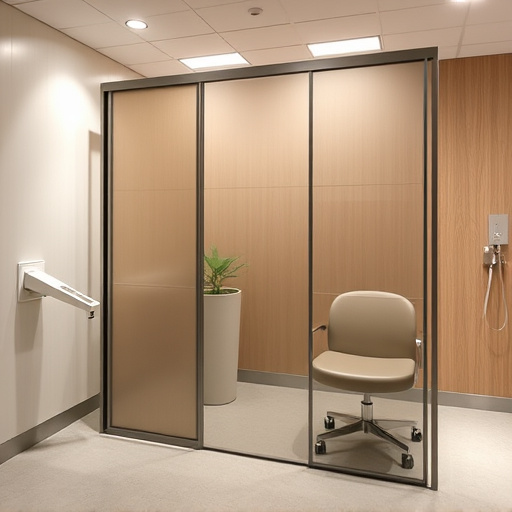Legal cold air intake (CAI) systems can enhance vehicle performance while maintaining compliance with environmental regulations, crucial for passing smog checks and preserving air quality. These systems draw in cool, clean air to boost engine efficiency but must meet specific legal standards on material use, filtration, and design to prevent harmful emissions increases. Choosing CAIs designed for emissions compliance ensures vehicles perform optimally without compromising the environment.
In today’s world, understanding smog checks and their impact on cold air intake (CAI) systems is crucial for vehicle owners. Smog checks are mandatory in many regions to ensure vehicles meet strict emissions standards. This article delves into the intricacies of these inspections and their relationship with CAI modifications. We explore legal requirements governing emissions and intakes, offering insights on optimizing vehicle performance while adhering to regulations. By understanding these factors, folks can navigate the legal landscape and enhance their car’s capabilities without compromising environmental standards.
- Understanding Smog Checks and Their Impact on Cold Air Intake Systems
- Legal Requirements for Emissions and Air Intake Modifications
- Optimizing Your Vehicle's Performance while Adhering to Emissions Standards
Understanding Smog Checks and Their Impact on Cold Air Intake Systems

Smog checks are environmental regulations designed to ensure vehicles meet certain emission standards, helping to maintain clean air quality. During these tests, a vehicle’s exhaust is analyzed for pollutants like nitrogen oxides and particulate matter. In regions with stringent smog laws, modifying a car’s engine, including installing legal cold air intake systems, can significantly impact these results.
Cold air intakes, while enhancing performance by drawing in cooler, denser air, can alter the mix of gases entering the engine. This change could potentially raise emissions levels, making it crucial to choose legal cold air intake systems that comply with local regulations. Using approved components ensures your vehicle passes smog checks and contributes to a healthier environment.
Legal Requirements for Emissions and Air Intake Modifications
In many regions, modifying a vehicle’s air intake system is subject to strict legal regulations aimed at maintaining optimal vehicle emissions and overall air quality. These laws are in place to ensure that modifications do not compromise the environmental performance of vehicles on the road. When it comes to cold air intake (CAI) systems, which are popular among car enthusiasts for their potential performance gains, understanding the legal requirements is paramount. The primary concern revolves around ensuring these modifications do not alter the vehicle’s emissions control system or increase harmful emissions.
The legal framework typically dictates that any changes to the air intake must adhere to specific standards set by environmental agencies. This includes regulations on the use of certain materials, filtration systems, and the overall design of the intake to prevent uncontrolled air flow into the engine. For instance, some regions mandate the use of high-quality filters that meet certain efficiency ratings to capture pollutants effectively while allowing adequate cold air flow. Compliance with these standards is crucial to pass smog checks and avoid legal penalties for modified vehicles.
Optimizing Your Vehicle's Performance while Adhering to Emissions Standards

Optimizing your vehicle’s performance and adhering to emissions standards may seem like a balancing act, but with the right components, it’s achievable. Legal cold air intake systems (CAI) play a significant role in enhancing engine efficiency while also meeting or exceeding environmental regulations. By allowing for a greater flow of cool, clean air into the engine, CAIs can improve torque and horsepower output, contributing to enhanced overall performance.
When selecting a CAI, it’s crucial to prioritize those designed with emissions compliance in mind. Modern vehicles have stringent emission control systems, and proper air intake is essential to ensure these systems function optimally. Legal CAIs are engineered to deliver the right amount of air, avoiding any potential issues that could trigger check engine lights or fail smog tests. Incorporating a high-quality, legal cold air intake system into your vehicle offers an effective way to boost performance while maintaining environmental standards.
Passaging smog checks is crucial for ensuring that your vehicle, including its legal cold air intake systems, meets emissions standards. By understanding these requirements and optimizing performance, you can contribute to cleaner air while enjoying a robust engine. Adhering to legal guidelines allows for the modification of air intakes without compromising environmental integrity.














